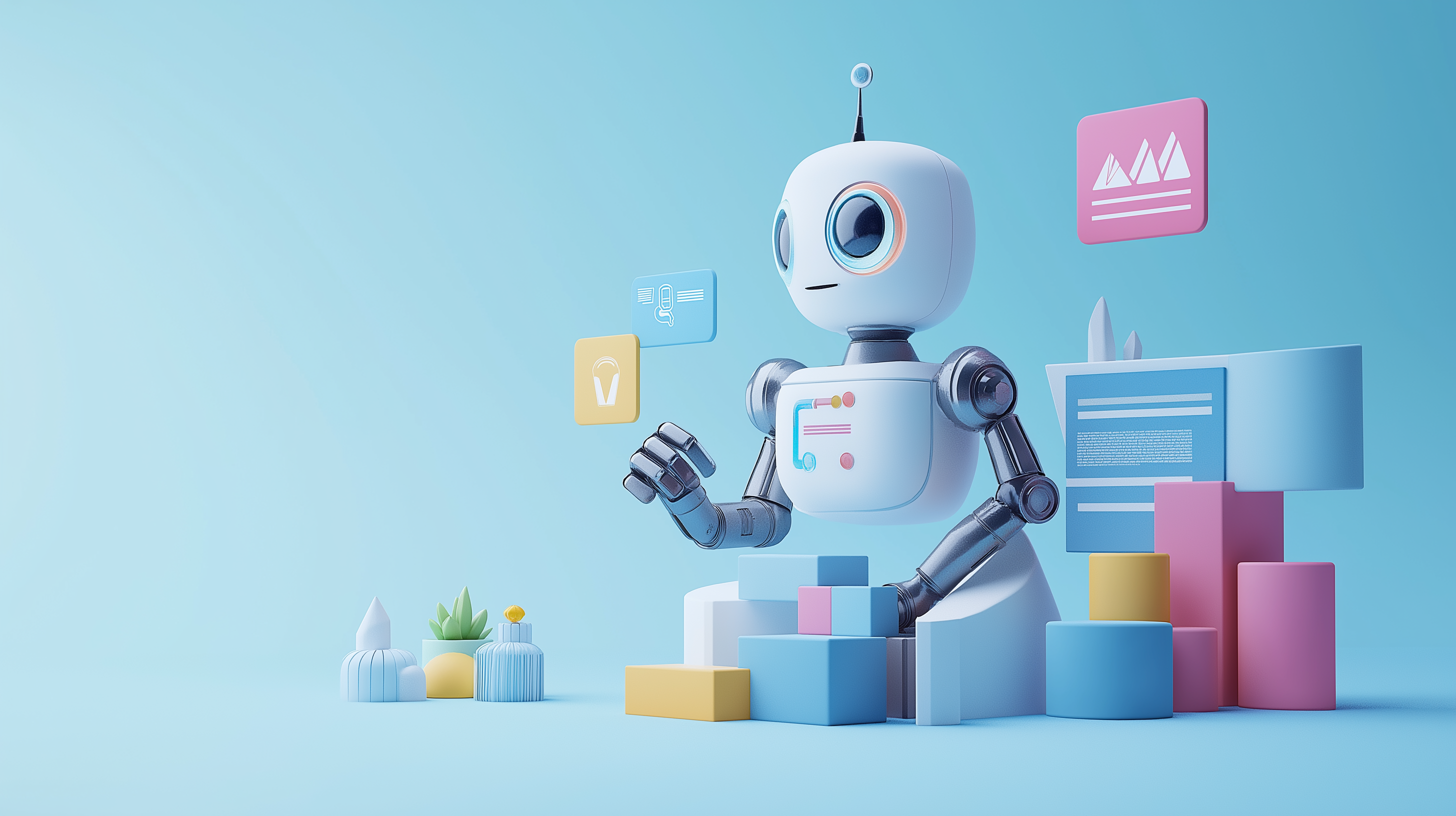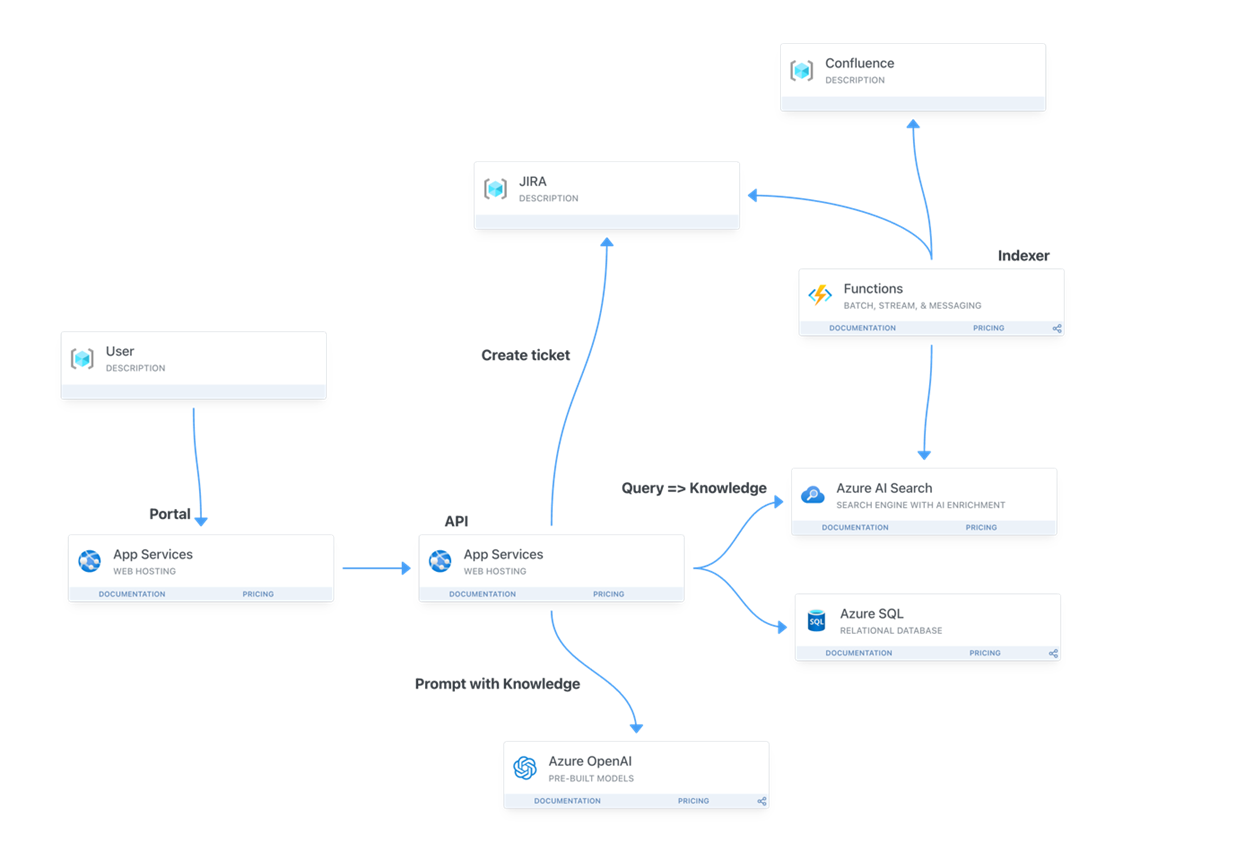Kernel Improved Employee IT Support by Deploying a RAG-Based AI Assistant
Customer Support
AI Assistant

Employees at Kernel often struggled with slow responses to everyday IT questions. By introducing an AI assistant that understands context and retrieves knowledge instantly, the company shortened resolution times, freed up IT staff for complex issues, and made support smoother and less frustrating for everyone.
Organization:

Kernel is the world’s leading producer and exporter of sunflower oil, the largest producer and exporter of grains in Ukraine, and a major supplier of agricultural products from the Black Sea region to international markets. The company accounts for about 8% of the world’s sunflower oil exports. Kernel delivers its products to over 70 countries. Since November 2007, the Company’s shares have been traded on the Warsaw Stock Exchange (WSE).
 Netherlands
Netherlands
Like any large company, Kernel invests significant resources into maintaining internal IT support,
and the challenge is further complicated by the fact that its knowledge base is distributed across
multiple systems and requires continuous synchronization. To address this, the company aimed to
improve the employee support experience by ensuring faster and more accurate responses to inquiries.
Solution
Kernel’s knowledge base was spread across multiple corporate systems, including Confluence, Jira,
and SharePoint Online, which contained technical manuals, internal documentation, and process guidelines.
To make this content usable for AI-driven support, DevRain applied Azure Document Intelligence to process
unstructured documents such as PDFs and Word files, transforming them into structured and searchable data
for the assistant.

The solution was built on Azure OpenAI Service, combined with an Retrieval Augmented Generation (RAG)
approach. This architecture enabled the assistant to retrieve context from indexed content and generate
conversational, accurate answers. By consolidating distributed knowledge sources into a unified AI-powered
layer, the system ensured that employees could quickly access reliable information without navigating
multiple platforms.
A key implementation feature was real-time synchronization with corporate systems. For Jira and Confluence,
integration was achieved through REST APIs and Webhooks, while SharePoint Online connectivity relied on
Microsoft Graph API and Webhooks. This ensured that updates to internal knowledge were instantly reflected
in the assistant’s responses. Additionally, the system provided citations with every answer, allowing
employees to verify accuracy and explore original documents when needed. This combination of real-time
updates, transparency, and scalability made the solution sustainable for enterprise-level IT support.
Conclusion
By combining Azure OpenAI with RAG and leveraging distributed knowledge bases,
Kernel increased the efficiency of internal IT support, reduced resolution times,
improved employee satisfaction, and optimized resource allocation.
References
Technologies




Microsoft Azure
A cloud computing service created by Microsoft for building, testing, deploying, and managing applications and services.

Microsoft Semantic Kernel
Integrate OpenAI, Azure OpenAI, and Hugging Face with conventional programming languages.

Microsoft SharePoint
A collaboration platform allowing organizations to create, manage, and share documents, information, and resources within a secure and centralized environment.
Ready to get started?
Let's discuss how AI can transform your business today